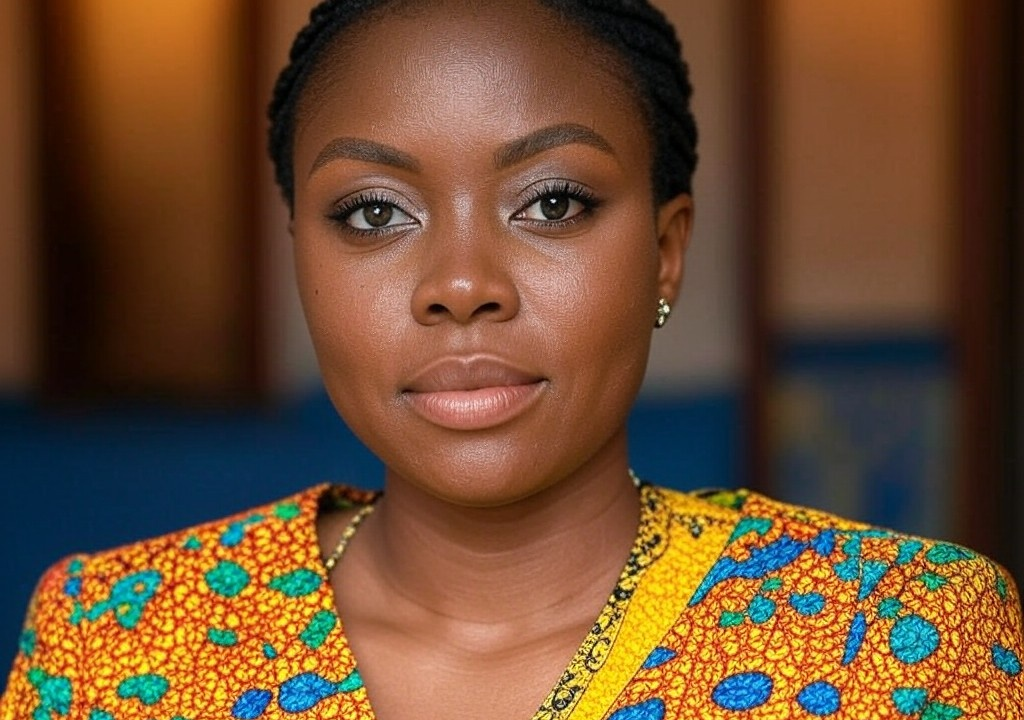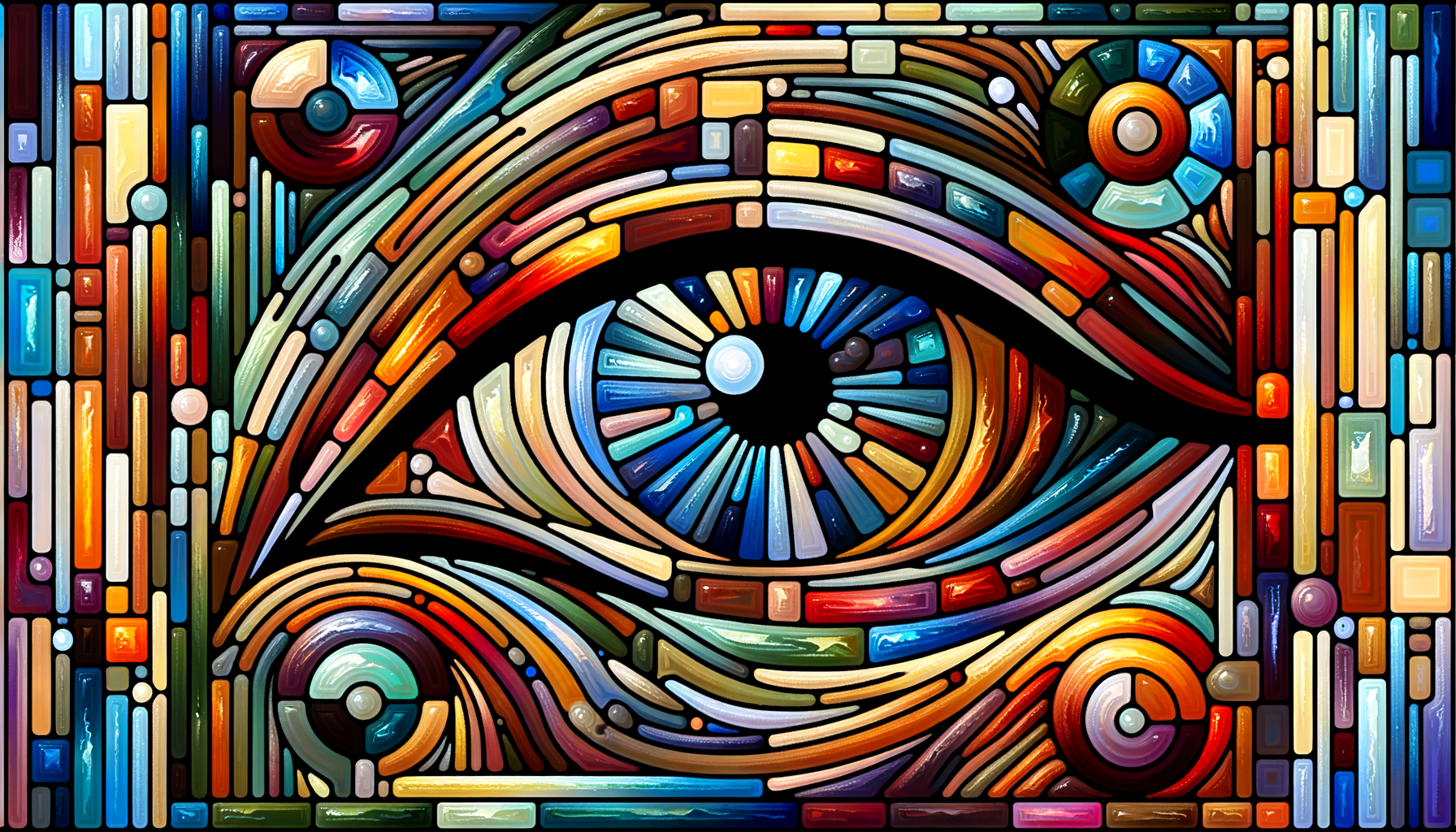It was the rainy season in Lagos when I met the person who saw me. You know the kind of rain I’m talking about—the brutal, knock-you-off-your-feet kind that turns the roads into rivers and muddied your shoes before you could step out of a keke. I was 22, a freshly minted sociology graduate juggling my first job and trying to figure out how to exist in the space between youthful idealism and the crushing weight of “adulthood.”
Back then, I lived in this constant state of quiet self-doubt. I knew I carried something—potential, dreams that felt too big for their casing. But no one had quite noticed it yet, not even me. That’s when she walked into my life. Her name was Chinyere, but everyone at work called her “Madam Chi.” I called her a mentor, the woman who rearranged the entire way I saw myself.
Finding Direction in Chaos
It began on an ordinary Tuesday. Honestly, nothing makes you reevaluate your life quite like being asked to present your first big report in front of a roomful of your sharply dressed bosses, all while sweating through your Zara sale blazer. I powered through that meeting, but I wasn’t proud of the result. I crumbled under the gazes of everyone in the boardroom, my voice barely rising above the sound of the auxiliary generator whirring outside.
When the presentation (mercifully) ended, Chinyere pulled me aside. My brain raced with excuses: Maybe I could escape this job and move to Ghana. Or sell everything I owned and start farming yams. But she smiled and said four words that immediately hit me differently: “You have a gift.”
I remember blinking at her in confusion. My voice cracked as I tried to clarify. Gift for what? Apologizing? Impostor syndrome? Filling in Excel sheets? But Chinyere was unwavering. That day, she dropped some wisdom on me that carried me through like a lifeboat during life's storms. “You see things,” she explained. “You don’t just look; you see. And that’s rare. You just need to learn how to trust that voice.”
The Beauty of Being Seen
Here’s the thing about being truly seen: it’s at once terrifying and transformational. We live in a world that trains us to duck our heads, to paint over our edges in favor of blending in. And then someone comes along, points at your roughest contours, and says, “That. That’s where your magic lives.”
Chinyere started out by giving me tiny challenges: facilitating meetings instead of merely attending them, sharing my ideas in brainstorming sessions rather than scribbling them in my journal. Did I fail sometimes? Oh, absolutely. One time I confidently misquoted a sociology statistic during a staff review, and the look on my supervisor’s face could’ve melted an ice sculpture. But instead of spiraling into shame, I tried again, focused on growth rather than flaws.
You know that line from Black Panther where Nakia tells T’Challa, “Only you can decide what kind of king you are going to be”? Chinyere was my Nakia, reminding me again and again that I could choose to step into my full potential. And somewhere along the way, her belief in me started becoming my own belief in myself.
How to Spot “The Person Who Sees You”
Now here’s the thing—when I look back, I realize we all meet our Chinyere at some point, though maybe in less dramatic circumstances. Sometimes it’s your best friend over jollof rice who keeps hyping up your photography skills, or a professor who pushes you to view your essays as art instead of assignments. But how do you recognize this person when they come?
Here are some telltale signs:
- They don’t just compliment you. They challenge you. Sure, Auntie Clara once told me I had “presenter face,” but she never told me how to survive the weight of public speaking. The “Person Who Sees You” will push you to get uncomfortable in ways that ultimately stretch you.
- They value your rawness. This person doesn’t need you to come polished or perfect. When Chinyere saw me fumbling to connect words during presentations, what she noticed wasn’t my mistakes but my willingness to think outside the box.
- They follow up. Seeing you isn’t a one-time event. This person will check back, whether it’s weeks later or years down the line, to ask how that skill, idea, or project is blossoming. They plant seeds in your life because they believe in your harvest.
Becoming “The Person Who Sees Others”
Of course, her belief didn’t just end with me. When I finally confessed to her that I harbored a secret dream of becoming a writer, what did Chinyere do? She pulled out her phone, sent me the contact of an editor friend, and said, “There’s no time to waste, Harriet. Write something they can’t forget.” That one opportunity snowballed into the writing career I have today.
Now? I pay it forward. Every chance I get, I try to be someone else’s Chinyere. Like when I met Halima, a bright-eyed intern whose PowerPoint graphics could rival Netflix thumbnails. She confessed to me that she always wanted to get into design but thought she wasn’t good enough. Halima’s now running a bustling creative agency in Victoria Island, and whenever I see her business cards, my chest swells with pride. Because we’re meant to leave people better than we found them, no?
The Happiest Ending Is Ongoing
Here’s the truth: Chinyere didn’t just “see” me; she helped me see myself. And that’s exactly the kind of connection I wish for you, dear reader. Whether it comes from a mentor, a lover, or even the driver who chooses to cheer you up with small talk during your commute, the opportunity to be recognized for what you’re capable of is sacred.
And don’t stop there. If you’ve already met your Chinyere, ask yourself: How can you become that person for someone else? The beauty of being seen is that it’s a ripple effect. By noticing others, you empower them to notice themselves.
So here’s to finding the people who pour into us. To becoming people who pour into others. And to remembering that sometimes, like the Lagos rain, the messiest moments can also be the most transformative.
Catch your reflection in those puddles—you’re more than ready.




















